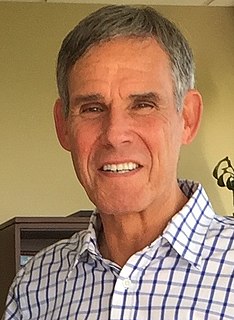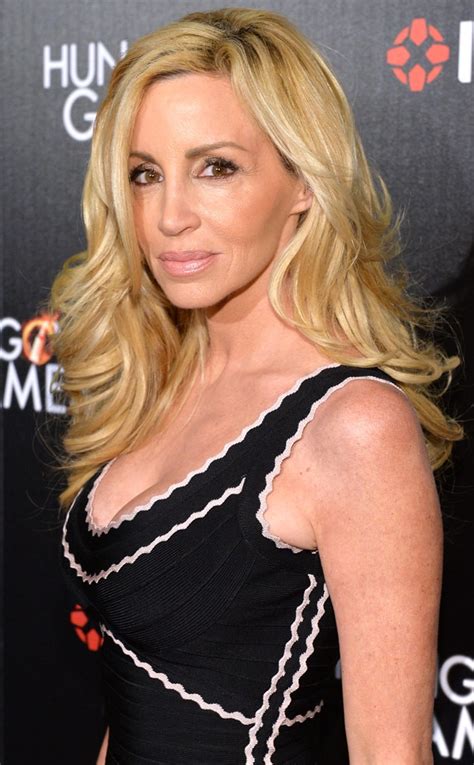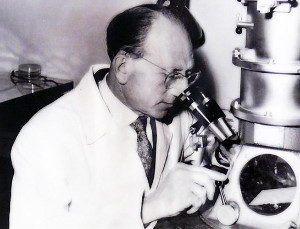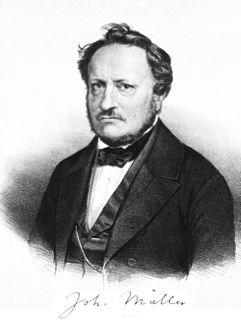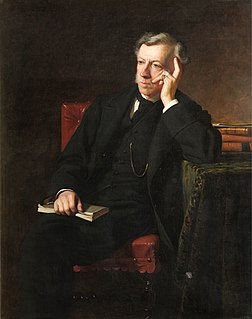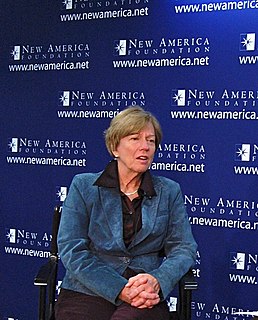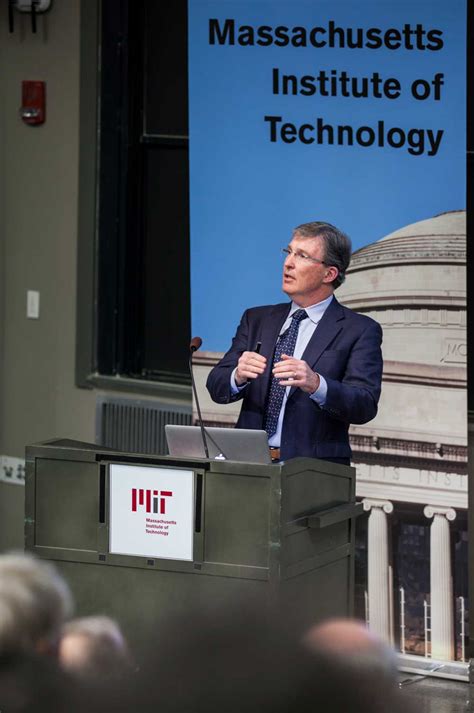A Quote by Eric Topol
There are certain mutations you can find across cancers in different organs.
Related Quotes
There's about 100 different cancers in a cancer cell. And so what we're finding out is, they're finding out ways to deal with one or two of the cancers there, with certain medicines. But they don't know why, if you have that cancer and I have that cancer, and I get the therapy and you get it, I don't live and you live. That - they don't know why.
There is no longer any question about the importance of fruits and vegetables in our diet. The greater the quantity and assortment of fruits and vegetables consumed, the lower the incidence of heart attacks, strokes, and cancer. There is still some controversy about which foods cause which cancers and whether certain types of fat are the culprits with certain cancers, but there's one thing we know for sure: raw vegetables and fresh fruits have powerful anti-cancer agents.
We add that it would be all too easy to object that mutations have no evolutionary effect because they are eliminated by natural selection. Lethal mutations (the worst kind) are effectively eliminated, but others persist as alleles. ...Mutants are present within every population, from bacteria to man. There can be no doubt about it. But for the evolutionist, the essential lies elsewhere: in the fact that mutations do not coincide with evolution.
Speakers find joy in public speaking when they realize that a speech is all about the audience, not the speaker. Most speakers are so caught up in their own concerns and so driven to cover certain points or get a certain message across that they can't be bothered to think in more than a perfunctory way about the audience. And the irony is, of course, that there is no hope of getting your message across if that's all the energy you put into the audience. So let go, and give the moment to the audience.
